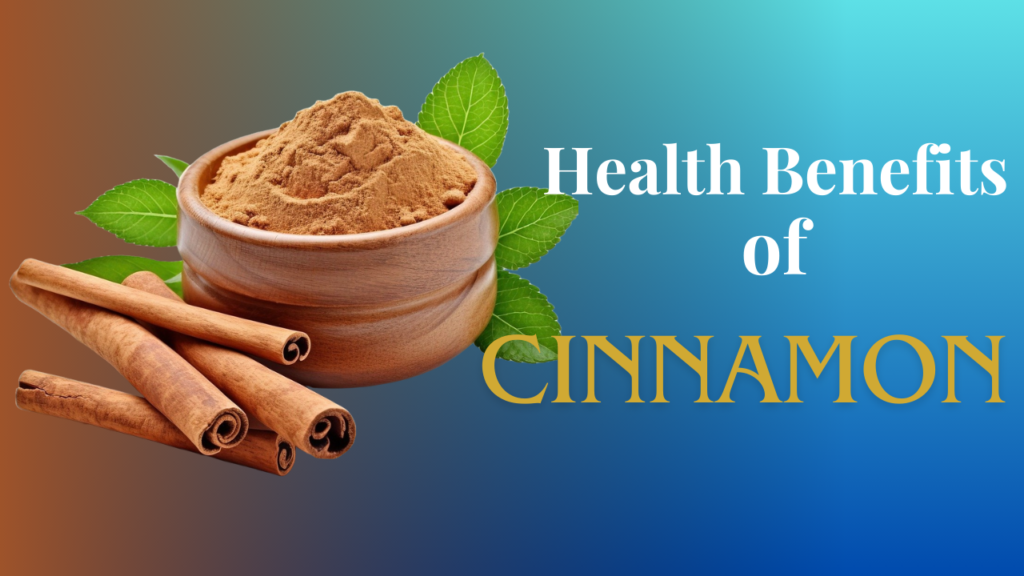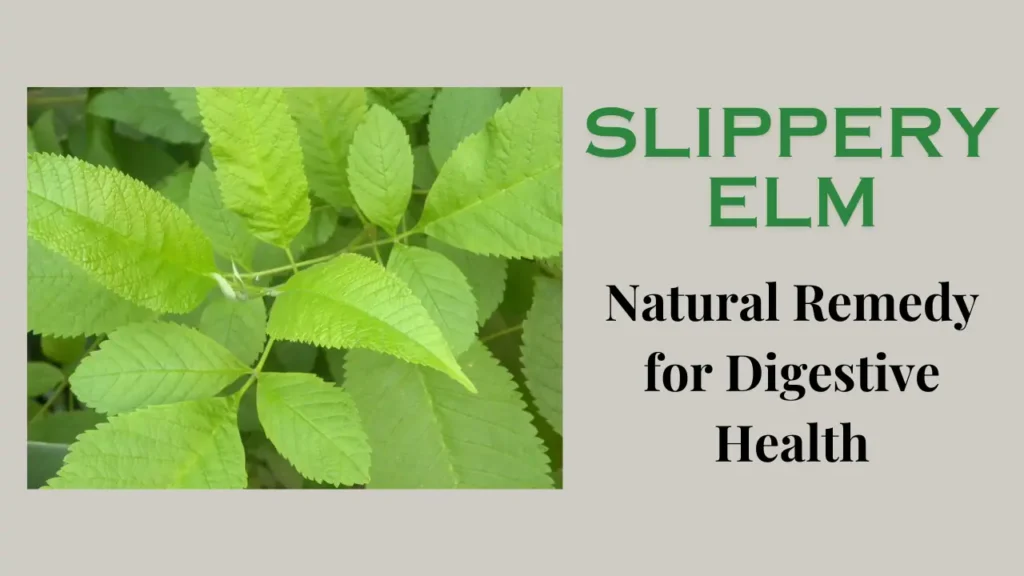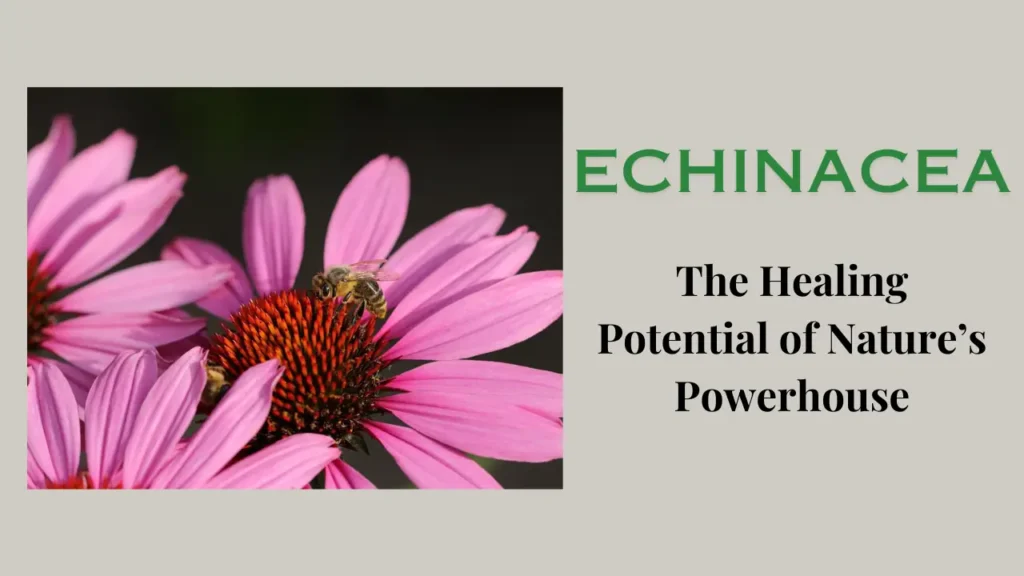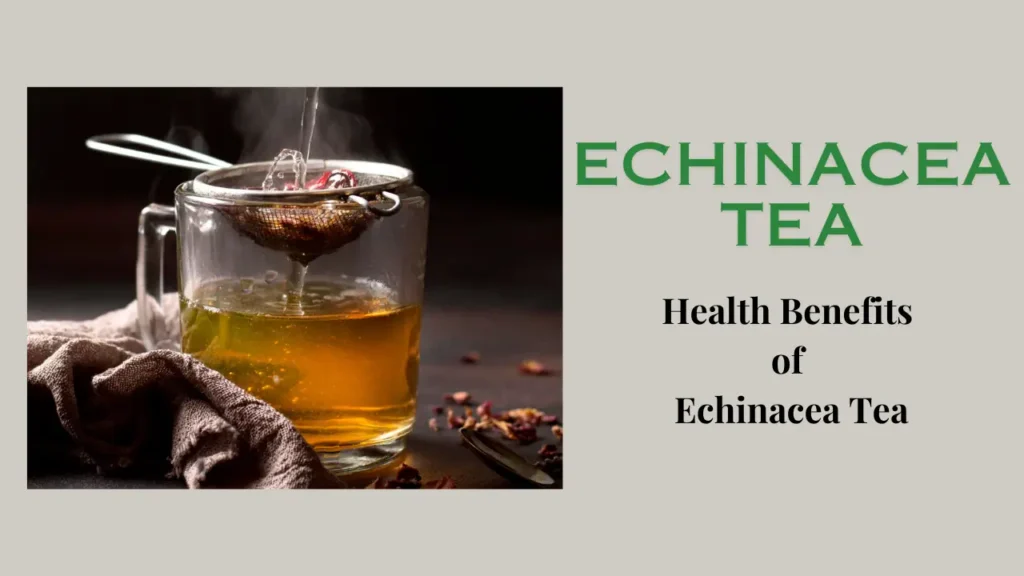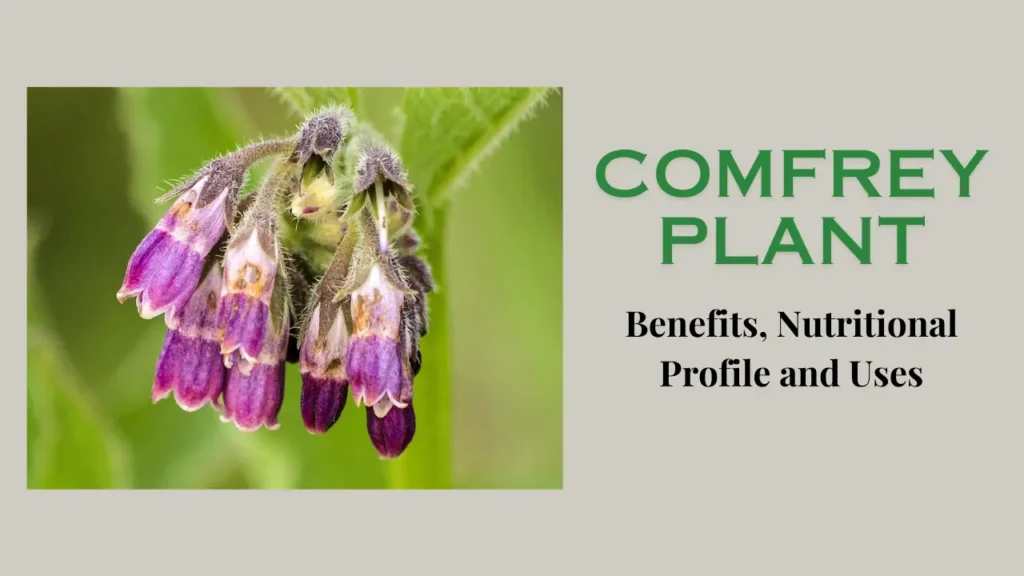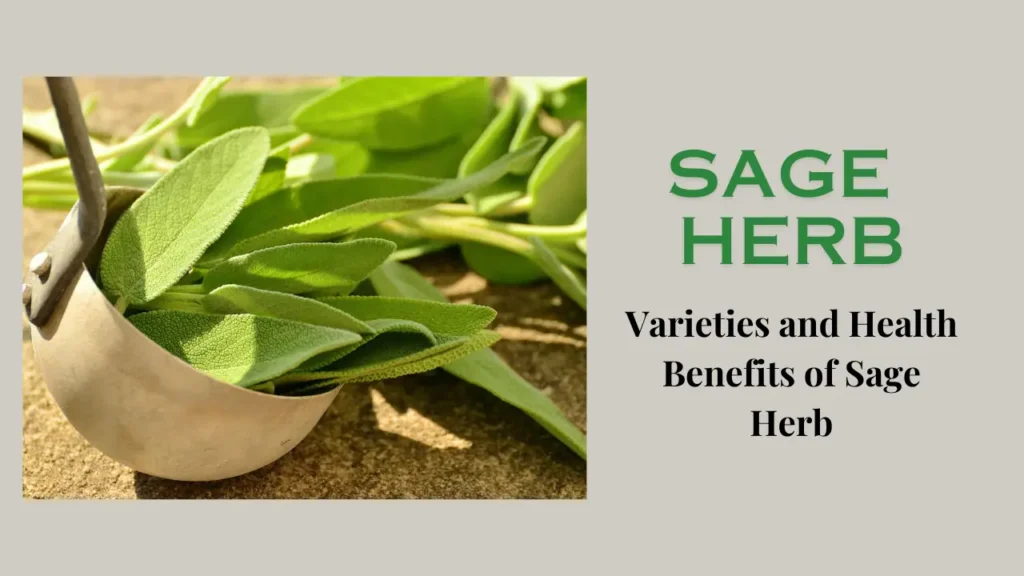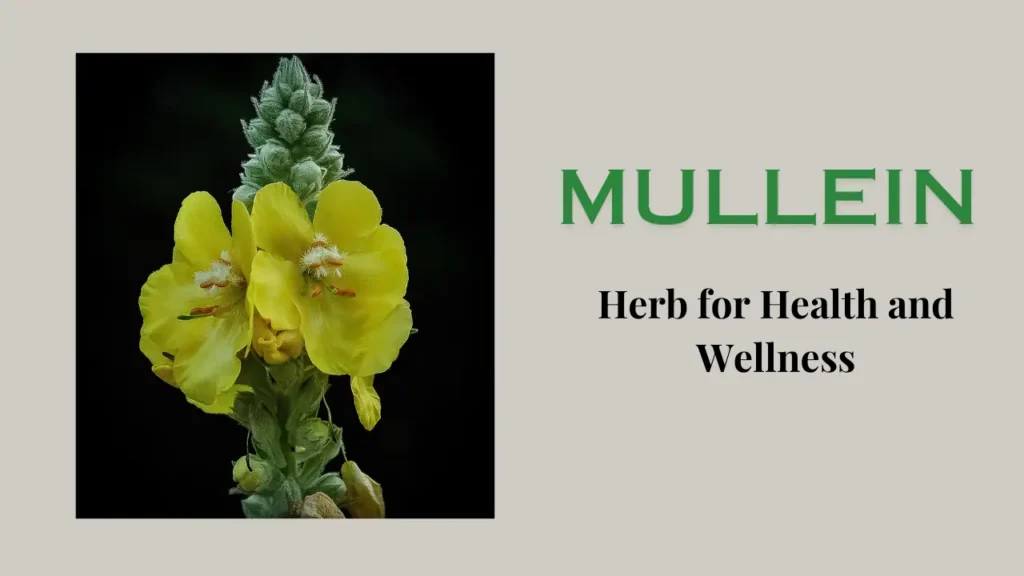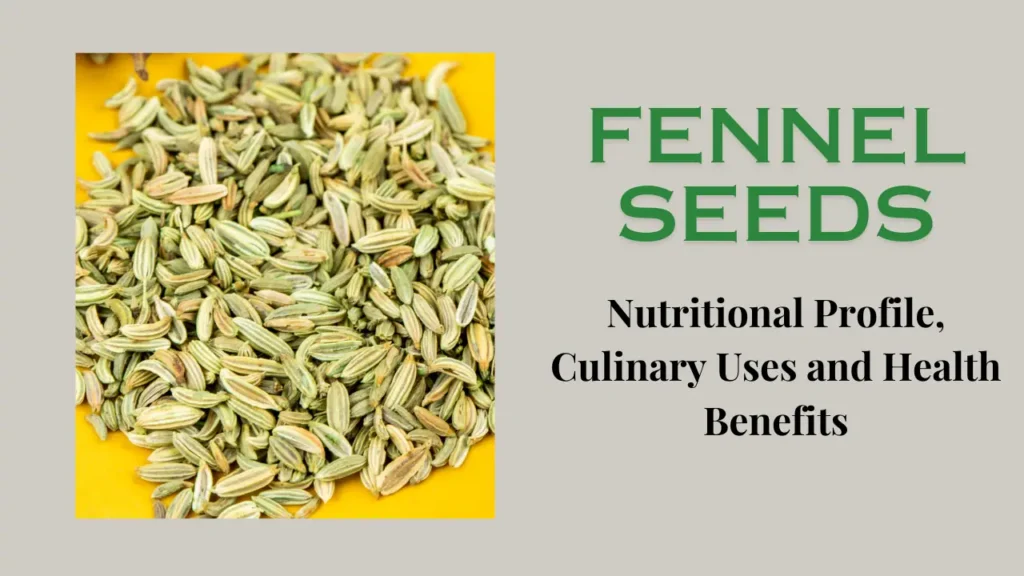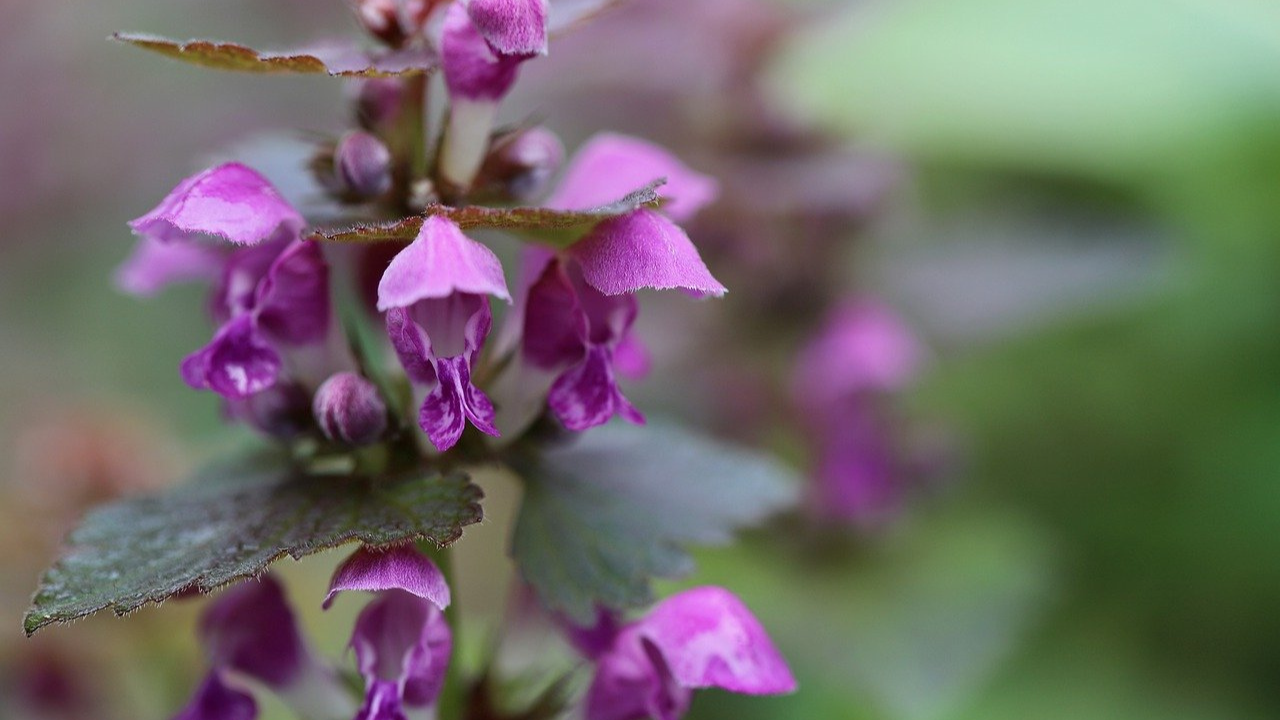
Definition
A. Taxonomy and Classification
B. Habitat and Growth
C. Historical Usage
Read also: Slippery Elm
Nutritional Profile of Nettle
A. Rich in Essential Vitamins and Minerals
B. Contains various Antioxidant Compounds
C. Good source of Dietary Fiber
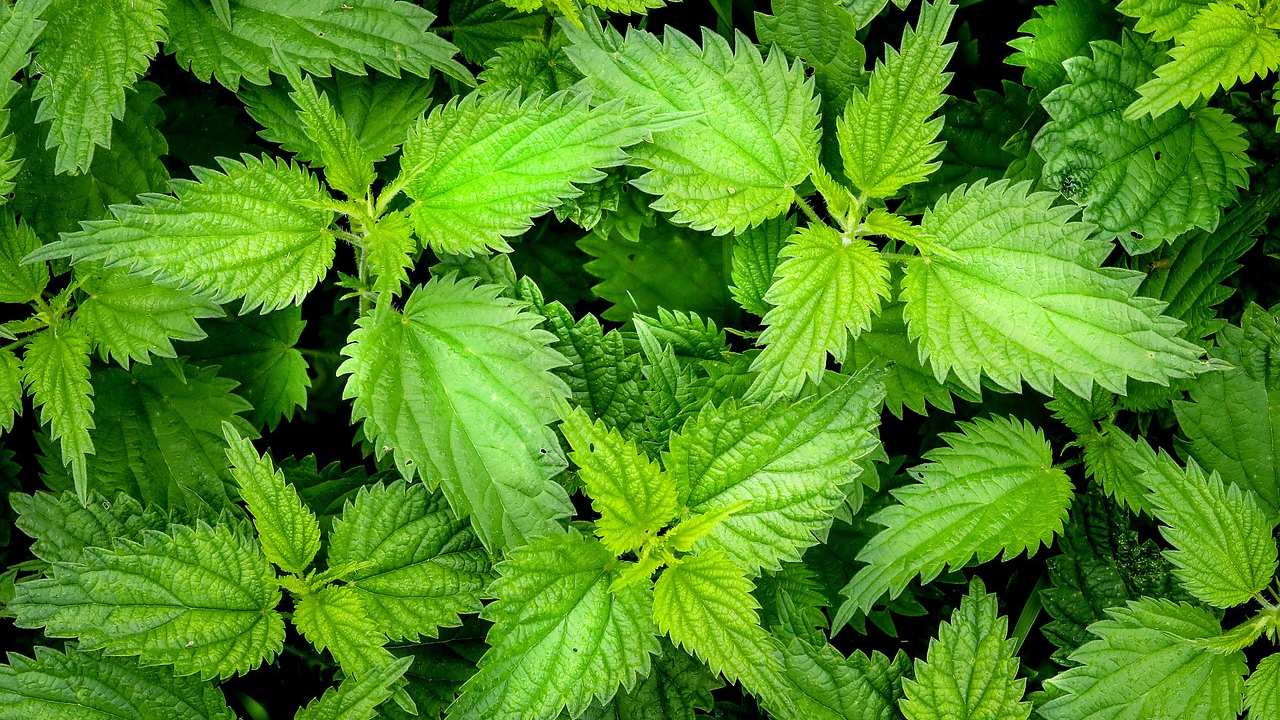
Health Benefits of Nettle
A. Anti-inflammatory Properties found are found in it
1. Helps in relieving Joint Pain and Arthritis
- Nettle has been traditionally used to relieve joint pain and inflammation associated with conditions like arthritis. Its anti-inflammatory properties may help reduce swelling and improve mobility.
2. Provides relief from allergic reactions
- Nettle may provide relief from allergic reactions such as hay fever. It contains histamine blockers that can inhibit the release of histamine, a compound responsible for allergic symptoms.
3. Easing Skin Conditions
- The anti-inflammatory and antioxidant properties may help soothe skin conditions like eczema and dermatitis. It can reduce itching, redness, and inflammation, promoting healthier skin.
B. Detoxify and cleanse the body
1. Supporting Kidney Function
- This herb acts as a diuretic, promoting urine production and helping flush out toxins from the kidneys. It may also assist in preventing the formation of kidney stones.
2. Enhancing Liver Health
- Nettle stimulates the liver and supports its detoxification function. It aids in the elimination of toxins and promotes overall liver health.
3. Improving Digestive System
- It has been traditionally used to improve digestion and alleviate gastrointestinal issues. Its high fiber content promotes regular bowel movements and aids in maintaining a healthy digestive system.
C. Promoting Heart Health
1. Lowering Blood Pressure
- Certain compounds found in nettle can help lower blood pressure, reducing the risk of hypertension and associated cardiovascular problems.
2. Reducing Cholesterol Levels
- It may help reduce LDL (bad) cholesterol levels while increasing HDL (good) cholesterol levels, thereby improving lipid profile and reducing the risk of heart disease.
3. Enhancing Circulation
- It contains compounds that support healthy blood circulation, which is crucial for maintaining cardiovascular health and preventing conditions such as blood clots.
D. Boosts the Immune System
1. Strengthening Overall Immunity
- Nettle contains immune-boosting compounds that enhance the body’s defense mechanisms, protecting against pathogens and promoting overall immune health.
2. Fighting against Infections
- It possesses antimicrobial properties that may help combat various infections, including those caused by bacteria and fungi.
3. Enhancing Respiratory Health
- It has been traditionally used to alleviate respiratory issues such as coughs, colds, and allergies. It may help relieve congestion, reduce inflammation, and soothe irritated airways.
E. Support Hair and Skin health
1. Nourishing Hair Follicles
- Nettle is believed to stimulate hair growth and improve hair health by nourishing the hair follicles. It also helps deal with hair fall and strengthen the hair roots.
2. Treating Dandruff and Scalp Irritation
- Anti-inflammatory and antifungal properties of this can help soothe an itchy scalp, reduce dandruff, and alleviate conditions like scalp dermatitis.
3. Promoting Healthy Skin
- Nettle’s antioxidant and anti-inflammatory properties contribute to healthier skin by protecting against damage caused by free radicals and reducing inflammation associated with various skin conditions.
F. Manage Blood Sugar Levels in body
Nettle helps control blood sugar levels, making it beneficial for individuals with diabetes or those who may develop the condition.
1. Regulating Insulin Sensitivity
- Nettle may improve insulin sensitivity, which helps maintain stable blood sugar levels and prevents glucose spikes and crashes.
2. Controlling Diabetes
- Nettle has a positive effect on glycemic control, thereby reducing the risk of complications associated with diabetes.
G. Improving Men's Health
1. Enhancing Prostate Health
- It has been used to alleviate symptoms of an enlarged prostate, such as frequent urination and nighttime urination. It may also help reduce inflammation in the prostate gland.
2. Alleviating BPH Symptoms
- Benign prostatic hyperplasia (BPH) is a common condition in older men. It relieves symptoms of BPH and improves urine flow.
H. Women's Health Benefits
1. Reducing Menstrual Pain
- It has been traditionally used to alleviate menstrual cramps and reduce excessive menstrual bleeding.
2. Alleviating Menopause Symptoms
- Nettle may help alleviate symptoms commonly associated with menopause, such as hot flashes, mood swings, and night sweats.
Read Also: Health Benefits of Cinnamon
How to Incorporate Nettle into Your Diet
A. Uses of Nettle in Cooking
1. Nettle Soups and Stews
- Adding nettle leaves to soups and stews can provide a nutrient boost and a unique earthy flavor.
2. Nettle Tea and Infusions
- Its leaves are dried and used to make herbal teas and extracts. Place the leaves in hot water for a few minutes, strain and enjoy.
3. Nettle Pesto and Sauces
- Blending nettle leaves with herbs, nuts, garlic, and olive oil can create delicious pesto and sauces that can be used as a condiment or spread.

B. Consider some precautions while using it
1. Avoiding Stinging Nettle
- When harvesting fresh herb, it’s essential to wear protective gloves and clothing to avoid the stinging hairs on the leaves.
2. Pay attention to Allergic Reactions and Sensitivities
- Some individuals may be allergic to nettle. If you experience any adverse reactions such as itching, swelling, or difficulty breathing, discontinue use and seek medical attention.
3. Consultation with Healthcare Professionals
- If you have any pre-existing medical conditions or are taking medications, it’s advisable to consult with a healthcare professional before incorporating this herb into your diet or using it for medicinal purposes.
Conclusion
This depends on several factors, including your health and other medications you are taking. It is generally safe for most people in moderate amounts (one to two cups per day) but be sure to consult a doctor before consuming this tea regularly. Especially if you:
- Are pregnant or breastfeeding.
- You have some other diseases like kidney disease, diabetes, or high blood pressure.
- Take medications that interact with the properties of nettle.
Yes! Nettle is beneficial for several reasons:
- Natural fertilizer: Its leaves decompose quickly, adding nutrients to the soil.
- Insect control: Its sting repels some insects and also attracts beneficial insects.
- Weed Control: This herbicide can prevent the growth of unwanted plants.
- Habitat: They provide food and shelter to pollinators and other beneficial insects.
It can tolerate a wide range of light conditions but generally grows in partially shaded areas with moist soil. However, some varieties can thrive in full sun or light shade.
No, “stinging nettle” is the most common name for the plant. Although some of its species do not have stinging hairs, the term “nettle” usually refers to the stinging variety.
It has been traditionally used to support kidney health, although scientific evidence for this is limited. Some studies suggest that its diuretic properties help flush out toxins and bacteria from the urinary tract. But before using it for kidney-related problems, please consult a doctor.
This herb is rich in nutrients including vitamins A, C, and K as well as minerals such as iron, magnesium, and potassium. It is also a good source of antioxidants and anti-inflammatory compounds. While the term “superfood” is subjective, these nutritional benefits undoubtedly make Nettle a valuable addition to a healthy diet.

